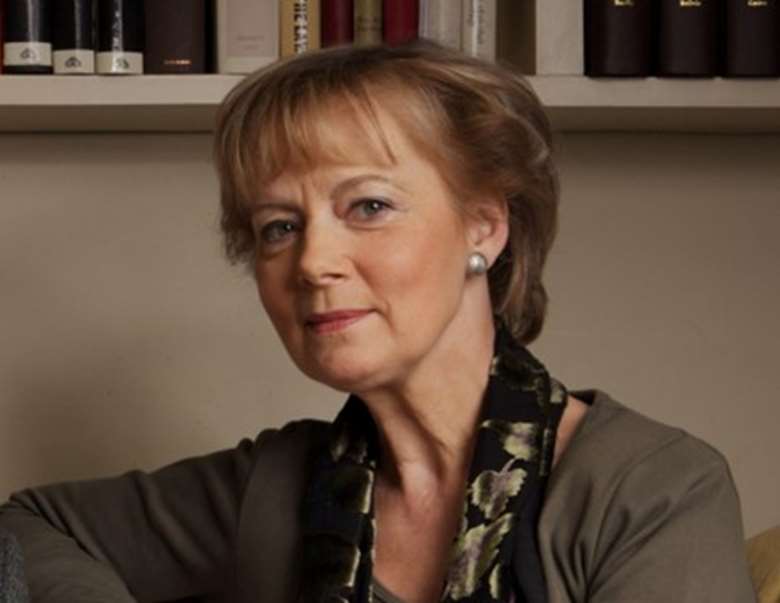How composers find musical inspiration in real life stories
Penelope Thwaites
Friday, July 21, 2023
Penelope Thwaites reflects on how the stories of real people inspire and motivate her compositional process

Register now to continue reading
Thanks for exploring the Gramophone website. Sign up for a free account today to enjoy the following benefits:
- Free access to 3 subscriber-only articles per month
- Unlimited access to our news, podcasts and awards pages
- Free weekly email newsletter








